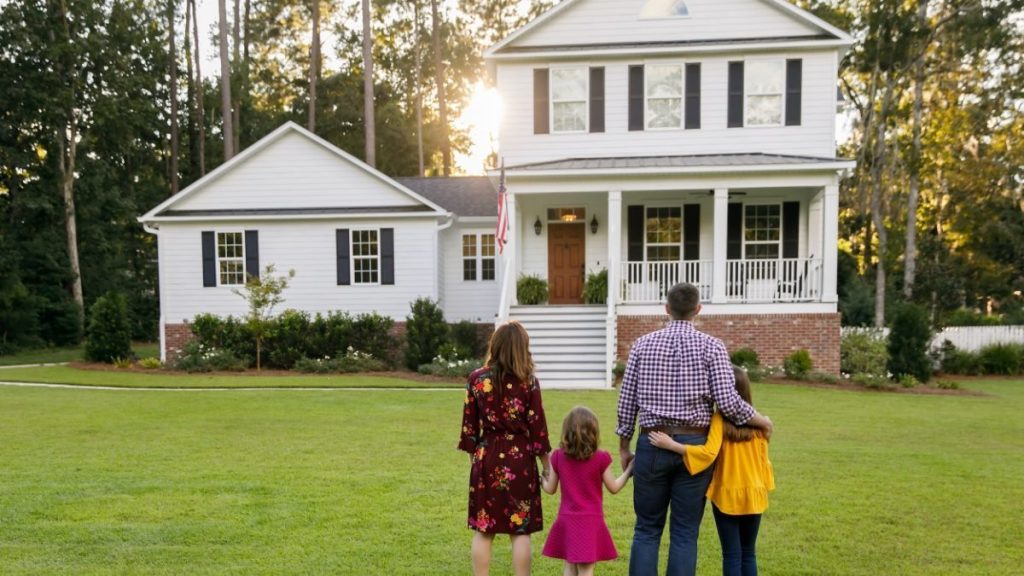Ten days ahead of the latest expiration date, the Department of Housing and Urban Development announced that the Federal Housing Administration is providing a two-month extension of its foreclosure and eviction moratorium, and initial forbearance requests through Feb. 28, 2021. This now marks the fourth eviction moratoria extension the FHA has enacted since the COVID-19 pandemic began.
The moratorium directs mortgage servicers to halt all new foreclosure actions and suspend all foreclosure actions currently in progress, excluding legally vacant or abandoned properties. It also directs servicers to cease all evictions of persons from FHA-insured single-family properties, excluding actions to evict occupants of legally vacant or abandoned properties.
“Throughout this global pandemic, the Trump Administration has taken unprecedented steps to assist FHA-insured borrowers who are impacted by COVID-19,” said HUD Secretary Ben Carson. “Today’s foreclosure moratorium and forbearance extensions for single family homeowners ensure American homeowners continue to have the critical relief and support they need to get back to financial stability.”
The FHA also revealed it is extending the deadline for single-family borrowers with FHA-insured mortgages to request initial forbearance through the end of February as well. Because single-family borrowers can defer or reduce their mortgage payments for up to six months, plus an additional six months if requested, some FHA borrowers may not exit forbearance until Feb. 28, 2022.
In an additional bid to support lenders and servicers, the FHA also revealed extensions for various policies including the timeframe for providing an insurance endorsement through March 31, 2021.
Low mortgage rates fuel the demand for valuation and settlement services
VRM Mortgage Services CEO shares how the company is navigating a difficult year, and how its services are impacted by the different national, state and local directives on foreclosure.
Presented by: VRM Mortgage Services
Temporary re-verification of employment, exterior-only appraisal inspections, provisions for self-employment verifications and rental income will also be extended to Feb. 28, 2021. In addition, provisions to 203(K) Rehabilitation Mortgage escrow accounts – a popular choice for borrowers looking to buy a fixer-upper that doesn’t qualify for FHA financing “as-is,” are also extended.
“COVID-19 has created hardships for millions of Americans. FHA will continue to assist borrowers who are struggling to regain their financial footing as a result of this pandemic. American homeowners should not be forced from their homes while they are seeking help,” said assistant Secretary for Housing and Federal Housing Commissioner Dana Wade.
On Dec. 2, the Federal Housing Finance Agency also extended its foreclosure moratorium for borrowers with mortgages backed by Fannie Mae and Freddie Mac – though for just a one-month grace period to Jan. 31. The FHFA has not announced whether it will continue to buy loans in forbearance past the current expiration date of Dec. 31, 2020.
According to recent data from the Mortgage Bankers Association, 7.68% of Ginnie Mae securities, primarily mortgages backed by the FHA and Veterans Administration, are in some stage of forbearance. GSE loans, however, have settled at 3.26%.






